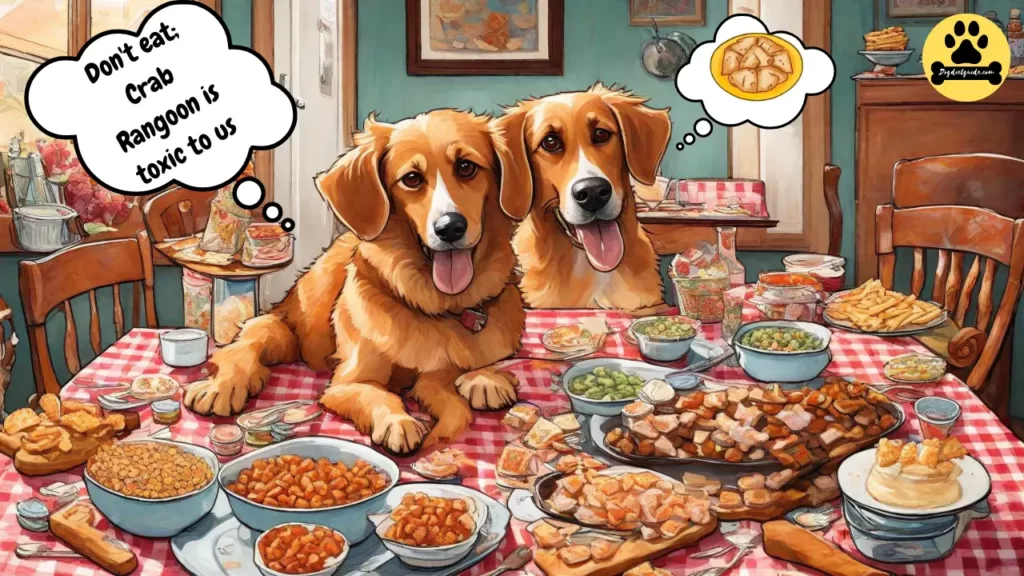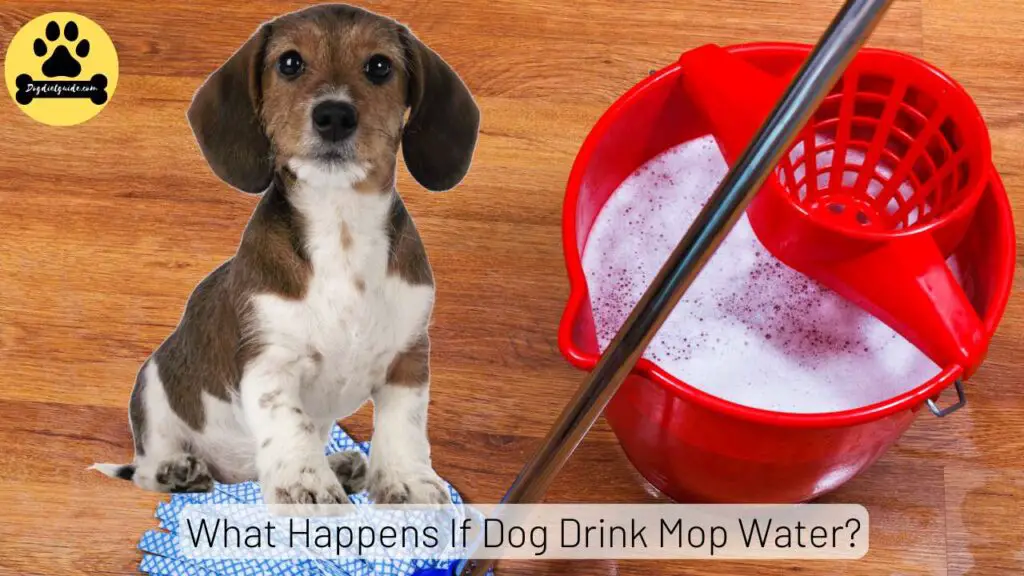
In the delightful journey of pet ownership, whether our canine companions can partake in our culinary adventures often arises. One dish that captures attention is the mouthwatering crab rangoon, a popular Asian appetizer. But can dogs eat crab rangoon?
Overview
Small amounts of plain crab or cream cheese might be acceptable for some dogs; however, the seasonings and other ingredients in Crab Rangoon could be harmful. Crab Rangoon is typically made with various seasonings, including garlic and onions, which are toxic to canines.
Understanding Canine Dietary Needs
Dogs, like humans, have specific dietary requirements that contribute to their overall well-being.
Before introducing any new food into their diet, it’s crucial to consider these needs and how they align with the nutritional content of the food.
Can Dogs Eat Crab Rangoon?
No, crab rangoon is toxic to dogs. Crab Rangoon is typically made with cream cheese, crab meat, and various seasonings, including garlic and onions. Onions and garlic, for example, are toxic to dogs and can cause damage to their red blood cells, leading to serious health issues.
Moreover, Crab Rangoon’s high fat and sodium content can be problematic for dogs and may lead to digestive upset.
It’s always best to stick to a well-balanced, dog-friendly diet and avoid feeding your dog foods that are meant for human consumption, especially those that are heavily seasoned or contain potentially harmful ingredients.
If you have specific concerns or questions about your dog’s diet, it’s advisable to consult with your veterinarian.

Toxic Ingredients of Crab Rangoon For Dogs
The toxic ingredients in Crab Rangoon for dogs include:
- Garlic: Contains compounds that can be harmful to dogs and may lead to damage to their red blood cells.
- Onions: Contain substances that can cause damage to a dog’s red blood cells, leading to potential health issues.
- Spices and Seasonings: Some seasonings may not be well-tolerated by canines, and certain spices can be irritating or harmful to their digestive systems.
- High Fat Content: The high fat content in Crab Rangoon can lead to digestive upset and may contribute to conditions like pancreatitis in dogs.
- High Sodium Content: Excessive sodium intake can be harmful to puppies and may lead to issues such as increased thirst, urination, and sodium ion poisoning.

Related Post: Can Dogs Eat Queen Palm Fruit?
Symptoms of Toxicity
If a dog consumes Crab Rangoon or any food containing toxic ingredients, they may exhibit symptoms of toxicity. The symptoms can vary in severity depending on the pup’s size, ingested amount, and the specific toxic components present.
Signs of toxicity in dogs due to ingredients like garlic, onions, or other harmful substances found in Crab Rangoon may include:
- Gastrointestinal Upset:
- Vomiting
- Diarrhea
- Abdominal pain or discomfort
- Hematologic Issues:
- Anemia (pale gums, weakness, lethargy)
- Increased heart rate
- Gastrointestinal Bleeding:
- Dark or tarry stools
- Vomiting blood
- Respiratory Distress:
- Difficulty breathing
- Other General Symptoms:
- Lethargy
- Weakness
- Loss of appetite
If you suspect your furry friend has ingested something toxic or if they exhibit any of these symptoms, it is crucial to seek immediate veterinary attention.
Contact your veterinarian or an emergency animal poison control hotline for guidance. Time is often of the essence when dealing with potential toxicity, and professional medical advice can help ensure the best possible outcome for your pet.
Related Post: Are Duck Eggs ok For Dogs?
What Should I Do If My Dog Eats Crab Rangoon?
If you suspect your dog has ingested something toxic or if they exhibit any of these symptoms, it is crucial to seek immediate veterinary attention. Contact your veterinarian or an emergency animal poison control hotline for guidance.
Time is often of the essence when dealing with potential toxicity, and professional medical advice can help ensure the best possible outcome for your pet.
Only induce vomiting if your veterinarian recommends it. Please do not attempt to induce vomiting without professional guidance, as it may be harmful in certain situations.
” It is essential to emphasize that while we offer valuable insights, we do not intend to replace or undermine the importance of your veterinarian’s advice. The information presented on our site is purely for informational and educational purposes.”

I’m JK. A pet lover who has years of pet blogging experience. I thought it would be a great idea to share my experience with all dog owners so they can also keep their canine companions healthy and happy.






